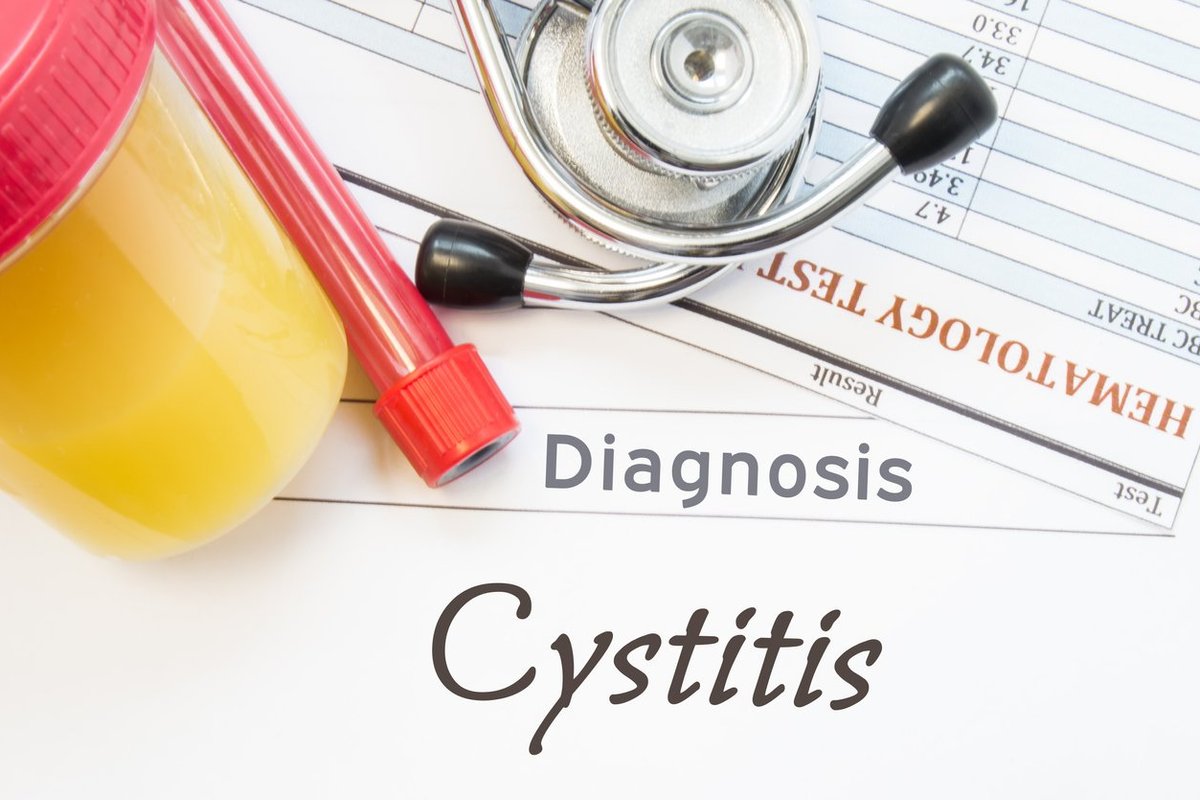
iStock.com/Shidlovski

Professor Emerita
Rutgers University of New Jersey
New Brunswick, NJ
Learn about our editorial policies

I am 64 years old, and I have two sexual partners. With one, every time we have intercourse, I get a bladder infection. I take Macrobid to clear this up, but I don't like having to do this. I don't see this partner very often (approximately four times a year) since we live in different cities, but I would like to avoid these infections. Why does this happen, and what can we do to prevent it? I do not experience these infections after having intercourse with my other partner.
"Honeymoon cystitis" is a very real medical condition that does not just affect women on their honeymoons. It occurs whenever vaginal intercourse leads to urinary tract infections (UTI). It is typically caused when the man's penile thrusting irritates the back wall of the bladder (through the front wall of the vagina), massaging organisms into the bladder which, if you don't pee right after sex, can multiply and cause infection. The condition is typically more common in women who haven't had children, and accounts for almost four percent of all UTIs and 60 percent of recurrences. There is also some evidence it is more common if condoms are used. But do consider safer sex practices.
The ideal way to avoid sexually related UTIs is to urinate right before and after intercourse. However, some women find they can't urinate immediately after sex, probably because the muscles that control the release of urine won't relax. So urine remains in the bladder, increasing the risk of infection. Postmenopausal women in particular may have difficulty urinating after sex because of changes in the vagina and urethra that occur with estrogen loss.
Start by asking your partner to be gentler during lovemaking. You might also try changing positions, perhaps with you on top. Also try a vaginal lubricant like Replens to keep the vagina moist, and make post-coital urination a regular part of your routine.
If the problem continues, I recommend you see your gynecologist for a complete examination. You may have a prolapsed bladder, in which the bladder has dropped into the pelvic cavity, increasing the likelihood of intercourse irritating it.
You can also take some preventive steps. Make sure you're drinking enough fluids so you go to the bathroom every few hours. You can talk with your doctor about taking an antibiotic. They can be taken prophylactically for women prone to UTIs, and studies also find that taking a single antibiotic pill immediately after intercourse can help prevent sex-related cystitis. Since you see your friend infrequently, a single antibiotic pill after sex may suffice.